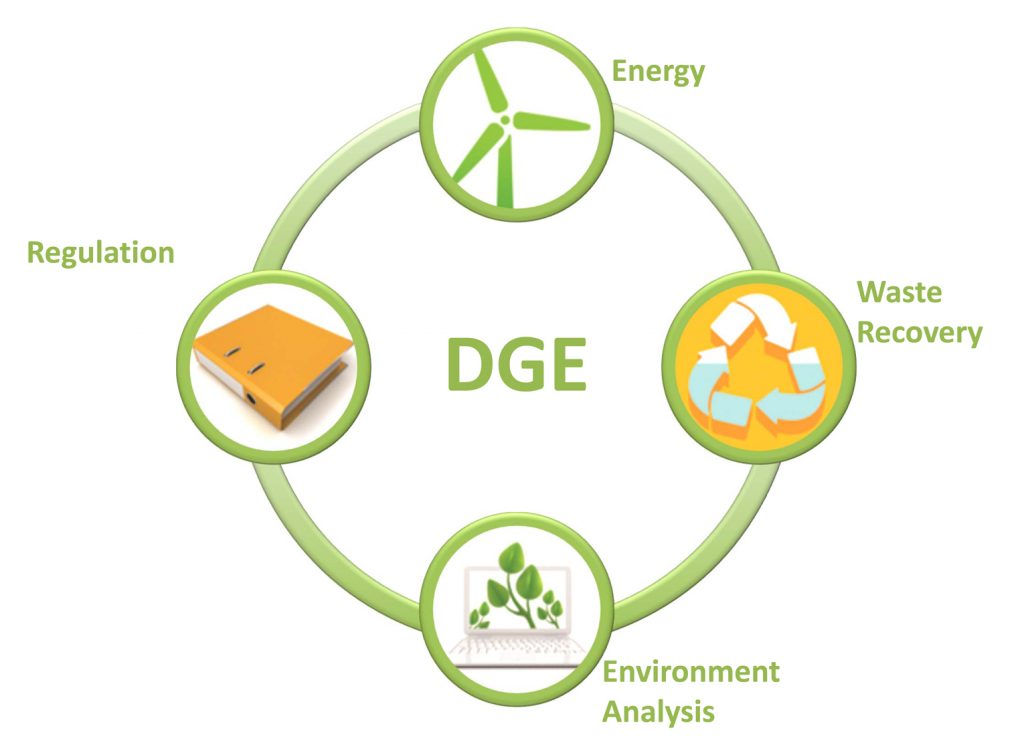Environmental chemistry
Objectives
Acquire multidisciplinary scientific skills (chemistry, physico-chemistry, biology) and develop general technical skills (regulations, eco-design strategies) and specific (solid waste treatments, liquids …) useful for the study, protection and the restoration of the environment.

Business sectors

Teaching area
1. Analyse et procédés
- Méthodes expérimentales et techniques analytiques
- Procédés photochimiques et biotechnologiques
- Catalyse hétérogène
- Analyse du cycle de vie pour l’éco-conception
2. Traitements et filières
- Traitement de l’air, des effluents liquides, des déchets solides, des sites et sols pollués
- Valorisation des déchets
3. Gestion de l’environnement
- Droit de l’environnement et réglementation (REACH, ICPE…)
- Systèmes de management QHSE (Qualité Hygiène Sécurité Environnement)
Major Project
- Little groups of students participate in an environmental management project or a research project located at the heart of societal issues, which allows them to develop the skills necessary for the exercise of their future employment.
Jobs and job area targetted
The environmental engineer is responsible for defining and implementing,
both operationally and administratively, an environmental management system
aimed at reducing the environmental impacts within its structure: water and energy consumption, identification of pollutant gas emissions, environmental risk analysis, integration of eco-design into processes
The Research and Development (R&D) engineer pilots
the scientific aspects of innovative projects in a laboratory.
He is the essential interface between the design and the development of new
products. He follows the evolution of the project from the laboratory to the pilot scale.
The process engineer ensures the industrial development of new production processes and contributes to the continuous improvement of existing processes. He makes production tools more reliable by answering the issues of safety, efficiency, performance and compliance with standards.
The project manager plans, organizes and coordinates a project
from the design to completion. Projects can be in research
and development, in production or reorganization of systems.
